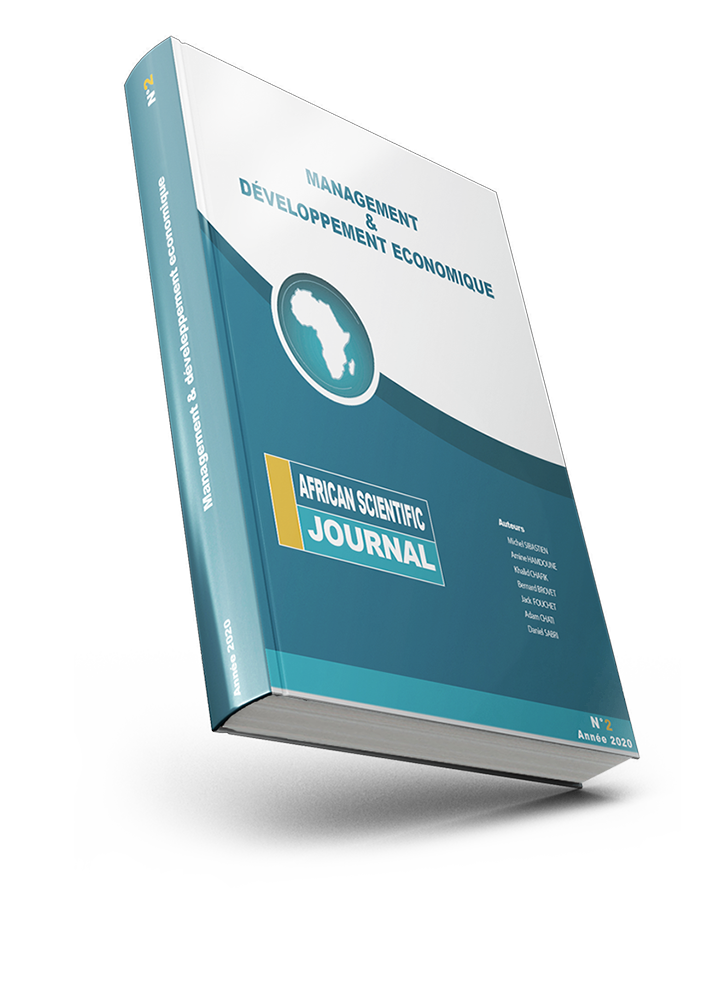Effect of land security on the productivity of agricultural households in Togo.
DOI:
https://doi.org/10.5281/zenodo.7868068Keywords:
Agricultural households, marginal propensity model, agricultural productivity, land securityAbstract
The main objective of this paper is to analyze the effect of land security on the productivity of agricultural households in Togo. To do so, logit models and the propensity score matching (PSM) method were applied to data from the Harmonized Household Living Conditions Survey (HHCS) conducted by INSEED in 2018-2019. In order to ensure the reliability of the results of the analysis, all six steps of the PSM model are followed. The results of the study reveal that land tenure security statistically and significantly improves the productivity of agricultural households in Togo. The effects are more robust in peri-urban areas and at the level of female households. However, for the level of education and the type of crop produced by the farmers, the results are heterogeneous. It is worth noting that the more affluent households are more likely to secure their cultivable plots. This study suggests that agricultural productivity in Togo can be improved by making investments or formulating policies to provide a higher level of land security to farm households while improving the standard of living and education of these farmers.
Downloads
Published
How to Cite
Issue
Section
License
Copyright (c) 2023 African Scientific Journal

This work is licensed under a Creative Commons Attribution-NonCommercial-NoDerivatives 4.0 International License.





















